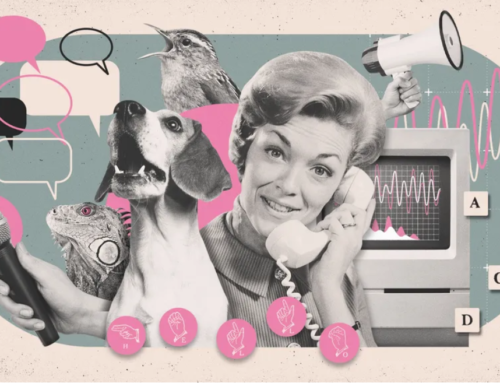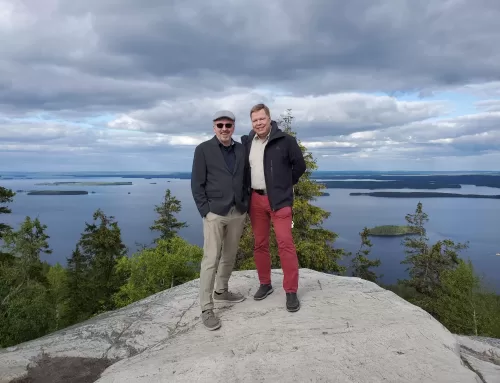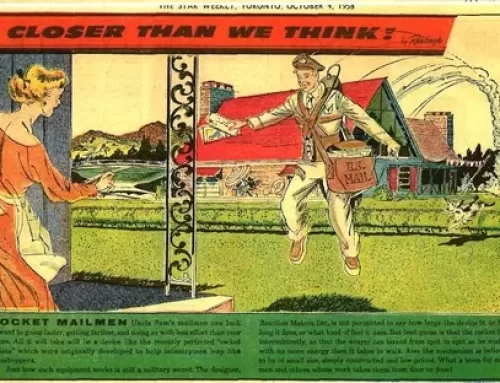What’s the point of exploring the forest in person, when the risks outweigh the benefits by far? That may be the future question we find ourselves asking.
Intuitively we recognize the value of being in nature – to connect, to appreciate, to relax. In his 2005 book “The Last Child in the Woods”, Richard Louv documents behavior problems (especially in children) linked to a lack of exposure to natural outdoor environments and the experiences we have there. While not (yet) recognized in in the International Classification of Diseases, the term “Nature-Deficit Disorder” is gaining traction in the medical community (pro example — against example). For many, the case for exploring and experiencing nature is real, but how physically real must that experience be?
For the past 4 years Steve Dubbeldam has led curated adventure experiences through his company Wilderness Collective. He’s built a company around helping people experience ‘legendary adventures’ outdoors to learn from experience, build lasting memories and stories. He argues that, “wilderness really does make us better.”
Wilderness in 60 Seconds from Wilderness Collective on Vimeo.
For the less adventurous however, the BBC production Planet Earth was remarkably successful at deploying the very latest in cinematography and technology to bring us closer to world in which we live. Planet Earth II (in UHD of course) promises to bring us even closer still.
Earlier this year, Alphabet partnered with the National Parks service to offer an extraordinarily immersive VR experience of a handful of National Parks called The Hidden Worlds of the National Parks. The not to distant alternative future puts us into virtual communion with our natural environment using all of our senses — guided tour, rambunctious exploration with friends, or meditative stillness — all from the comfort of wherever.
So, it begs a question. How ‘real’ must the experience be in order to outweigh the cross contamination, invasive species introduction, and habitat impact we already know is a cost of exploring the physical forest — especially once the forest earns personhood? Perhaps the woods would rather we Facetime than leave those innocent footprints after all; it might be better for us anyway. — Bo Roe



